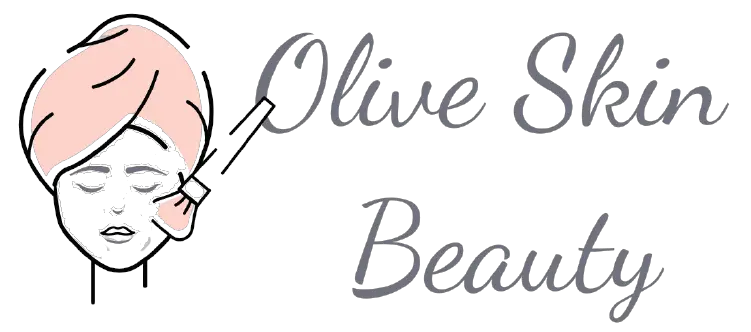Whether you’re a seasoned pro or an amateur, getting lashes done should be a straightforward procedure. You should do extensive study to ensure that you receive excellent service and lash extensions that look fabulous.
A lash treatment involves one or more of these steps, which if completed incorrectly, can result in an infection.
Some of these problems are eye infection, poor retention, and allergies. This is where one of the most important components enters the fray: Adhesive (also known as eyelash glue).
There are different types of adhesives and glues used for lash extensions. It is important to know the difference so as to make an informed decision.
Eyelash Glue and its importance
The primary function of the glue is to adhere the lash extension to your natural lashes. A good quality lash glue will make sure that your extensions last as long as possible without adhering to your skin or lashes. It is also important that the glue does not cause an adverse reaction on your skin or in your eyes.
There are two types of adhesives used for lash extensions: medical-grade and cosmetic-grade.
Medical-grade adhesives are made with latex, rubber, and other chemicals that can be harmful if ingested. They are also not water-resistant, so they should not be used for lash extensions that will be exposed to water.
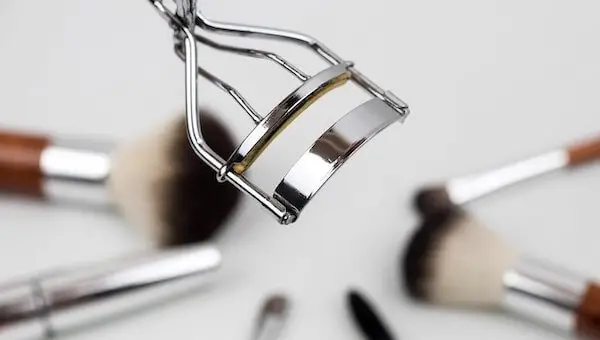
Cosmetic-grade adhesives are made with synthetic materials and are water-resistant.
Cyanoacrylate is the most important chemical in a lot of lash extension adhesives that are currently on the market. This chemical was mistakenly found in 1951 and since then, a lot of additives with different characteristics have been manufactured.
Cyanoacrylate doesn’t dry up, instead, it cures when there’s moisture. When cyanoacrylate adhesive (referred to as CA) comes in contact with moisture, vibrating molecules in the lash glue will slow down and create polymer chains.
The chains are quite strong and are hard to break once they’ve been cured. That’s the major reason lash extensions stay attached to natural lashes for a long time.
A downside to this type of adhesive is that it can cause an allergic reaction in some people. It’s important to do a patch test before getting lash extensions to see if you are allergic to the adhesive.
Despite the fact that CA has been utilized by healthcare practitioners for decades, there are still a lot of misunderstandings surrounding it.
Many artists and customers are concerned about the presence of formaldehyde in CA.
Yes, formaldehyde is important in CA production, but the gas disappears during the manufacturing process. It also becomes untraceable when the final product is manufactured.
So, while formaldehyde may be a concern, it is not a health risk when used in lash extension adhesives.
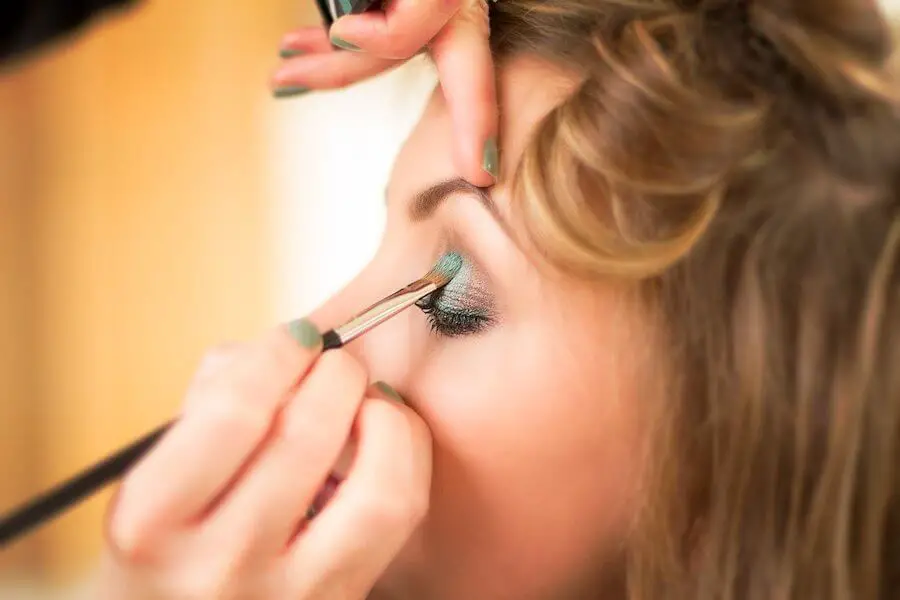
Some lash extension adhesives also have other ingredients like carbon black, iron oxide, and titanium dioxide.
While these ingredients don’t present any health risks, they can cause irritation and allergies in some people.
If you’re concerned about the ingredients in your lash adhesive, be sure to ask your technician about it.
Alternative Eyelash Glue Options
1. Sensitive Adhesive
Many clients think that if they get a negative response to using lash extensions, the primary reason is the potency of the glue.
There are now many adhesives on the market that have been created for people with sensitive eyes.
These glues use different ingredients, like rubber latex, that can be harmful to people with allergies.
Even when you choose a sensitive adhesive, a negative reaction can happen. It is the major reason why a patch test is essential before you get lash extensions.
Some sensitive adhesives also use CA in their ingredients but the lower fumes help prevent irritations for people with sensitive or dry eyes.
2. Waterproof Adhesive
If you’re looking for an adhesive that will last through swimming and sweating, then you should consider using a waterproof adhesive.
Waterproof adhesives have been specifically designed to be resistant to water and other liquids.
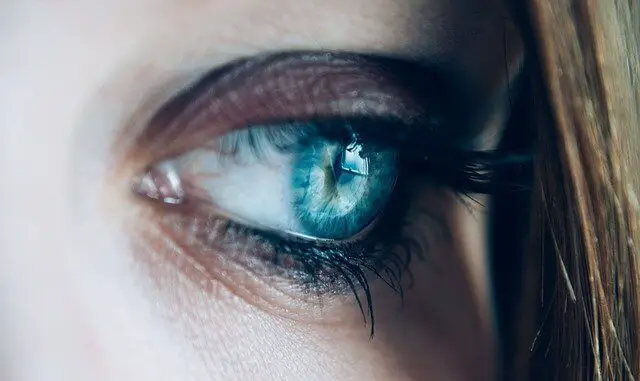
This type of adhesive is also great for people who are active and don’t want their lash extensions to fall out.
Waterproof adhesives use different ingredients, but the main difference is that they contain glycerin.
Glycerin is a substance that helps keep moisture in the adhesive and prevents it from drying out.
Just like other adhesives, it’s important to do a patch test before using it.
3. Clear Adhesive
For a more natural look, some people prefer to use clear adhesives.
Clear adhesives are transparent and will not change the color of your lashes. They are also less likely to cause irritation and allergies.
Adhesives in this category have cyanoacrylate, but carbon black isn’t added. This carbon black provides a dark finish to lashes. However, you might have a carbon sensitivity, so it is imperative that you find out from your artist if they have both clear and black adhesives.
4. Latex-Free Adhesive
If you’re allergic to latex, there are a few adhesive options that you can try.
Latex-free adhesives are created without the use of latex, so they will not cause an allergic reaction.
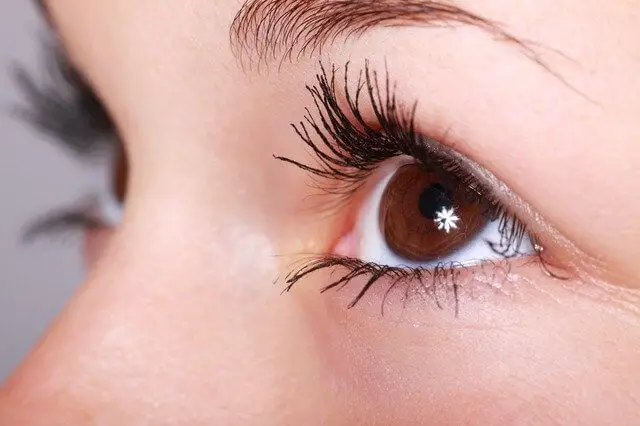
These adhesives use different ingredients, like rubber latex, that can be harmful to people with allergies.
There are a few different types of latex-free adhesives on the market, so be sure to ask your technician about them.
5. Formaldehyde-Free Adhesive
As mentioned before, formaldehyde is a gas that is produced during the manufacturing process of CA.
However, the gas disappears during the manufacturing process and is untraceable in the final product.
So, while formaldehyde may be a concern, it is not a health risk when used in lash extension adhesives.
If you’re still concerned about the presence of formaldehyde, there are a few formaldehyde-free adhesives on the market that you can try.
Be sure to ask your technician about the different types of adhesives before you make a decision.
Final Thoughts
There are many different types of adhesives on the market, so it is important to choose the right one for your needs. Be sure to do your research before making a purchase, and ask your technician which adhesive they will be using.
When it comes to eyelash extensions, the type of glue used is extremely important.
Some adhesives are better for volume lashes, while others are better for classic lashes. It is important to choose the adhesive that will best suit your needs, and that will give you the best results.
Happy lashin’!
